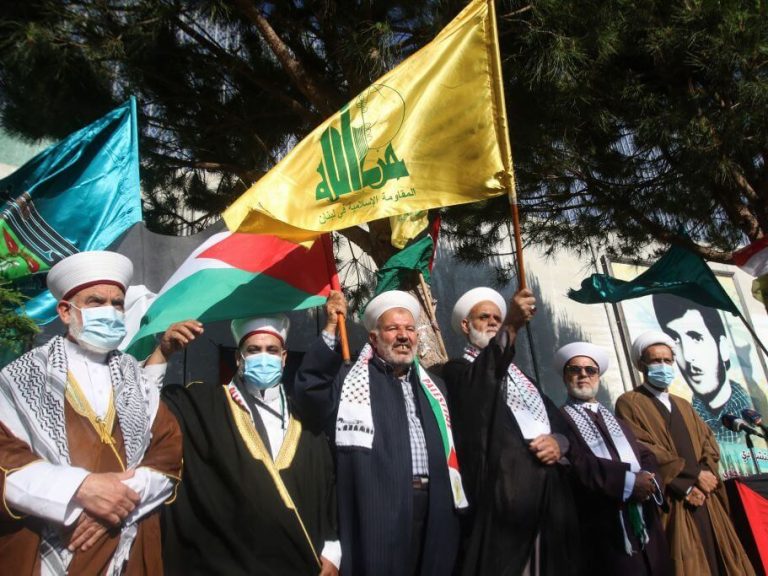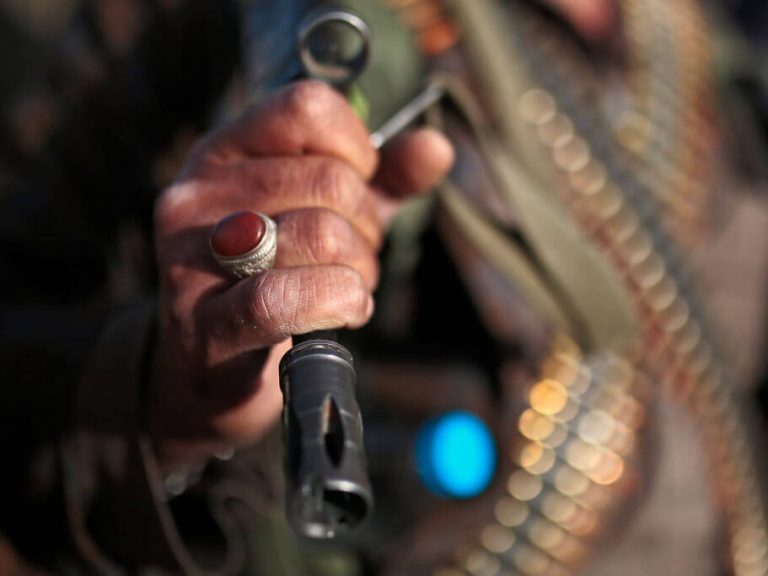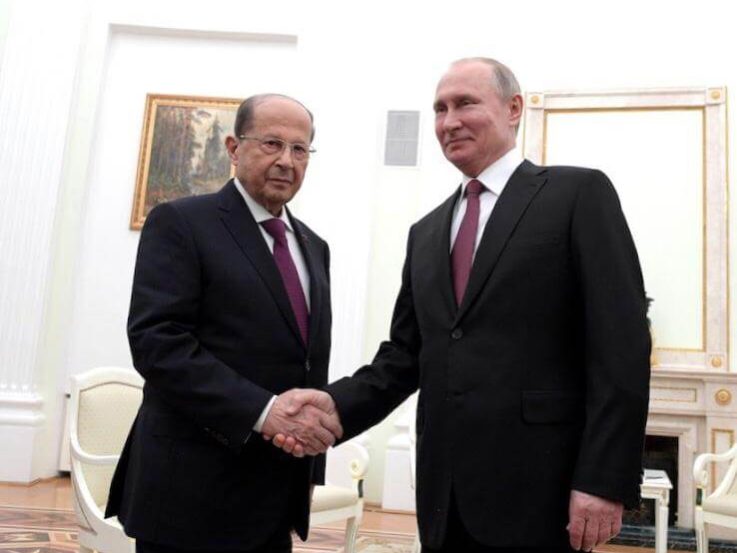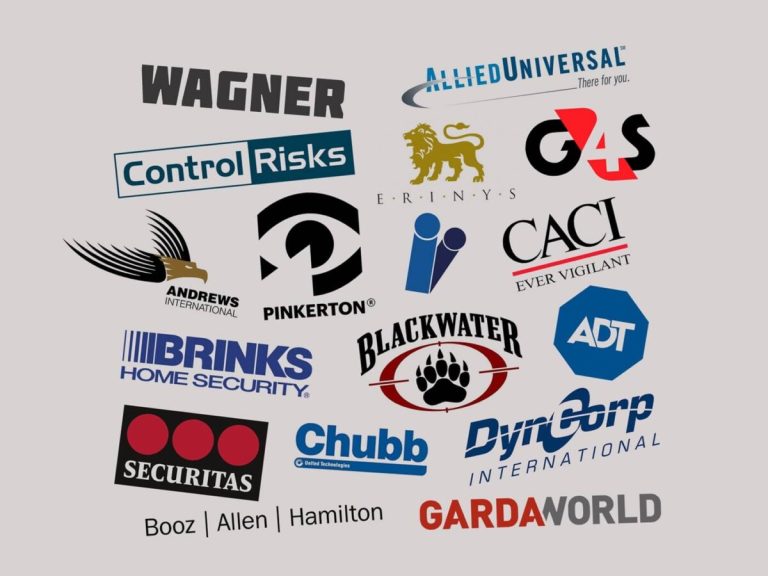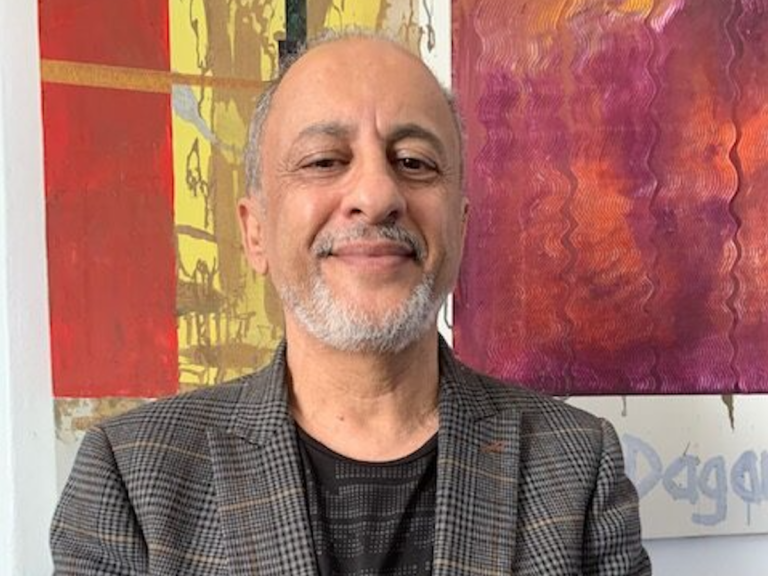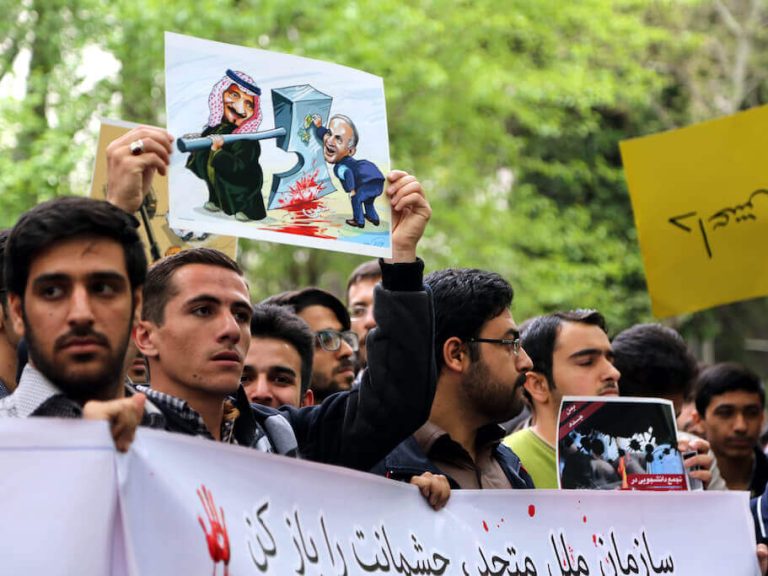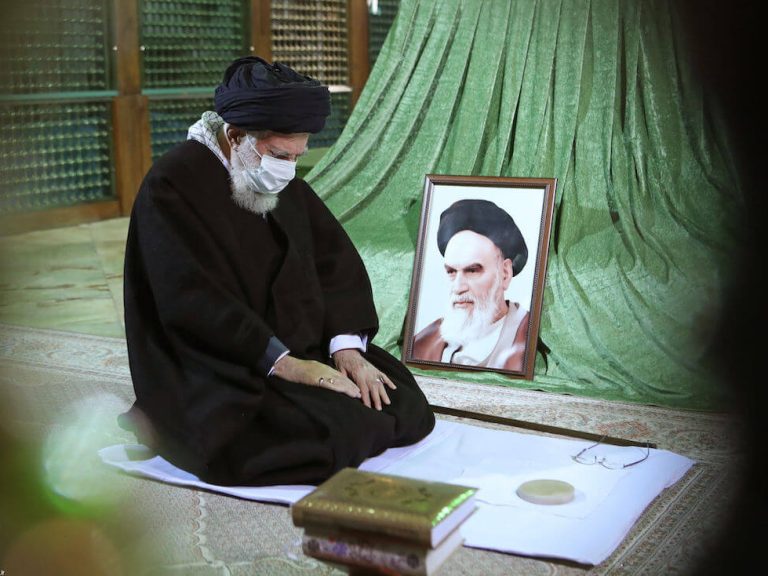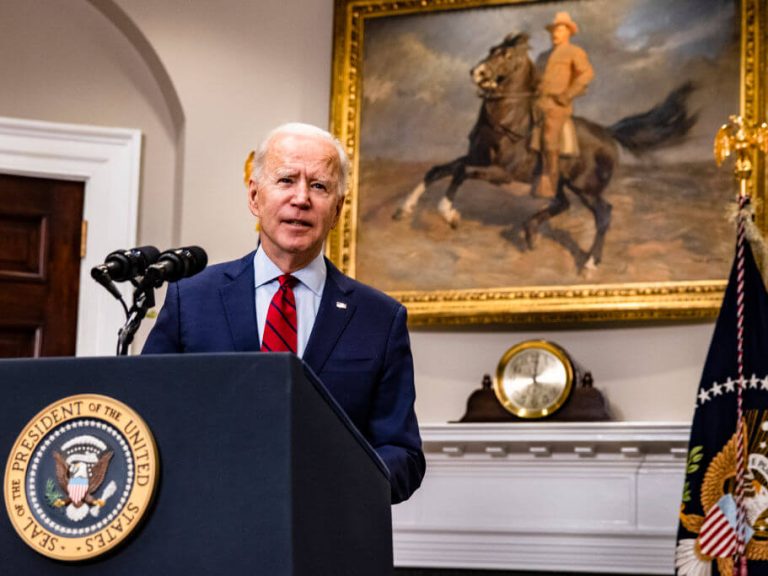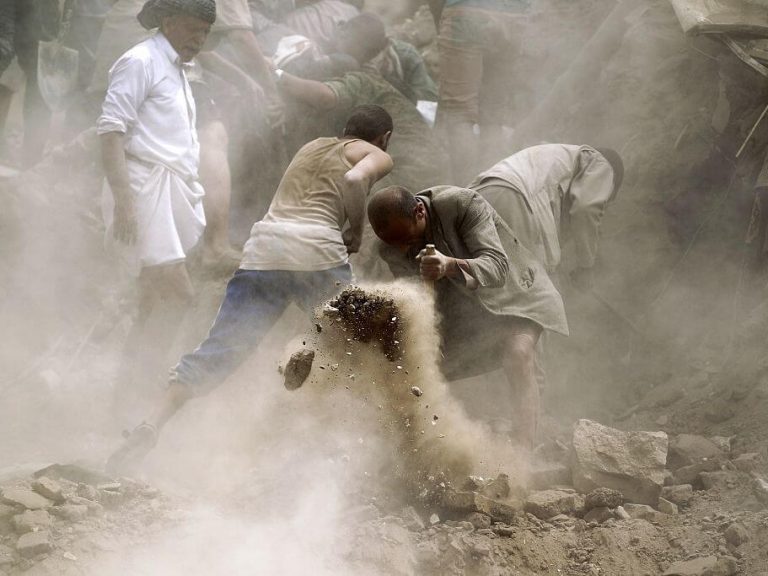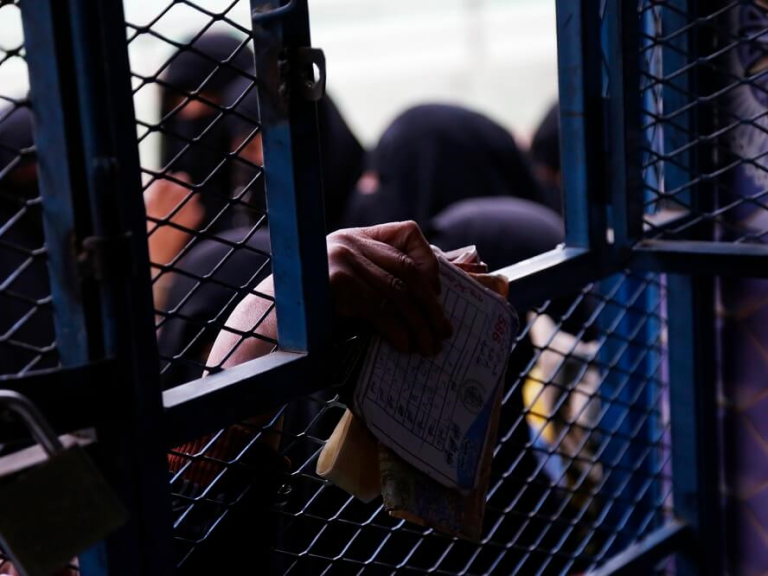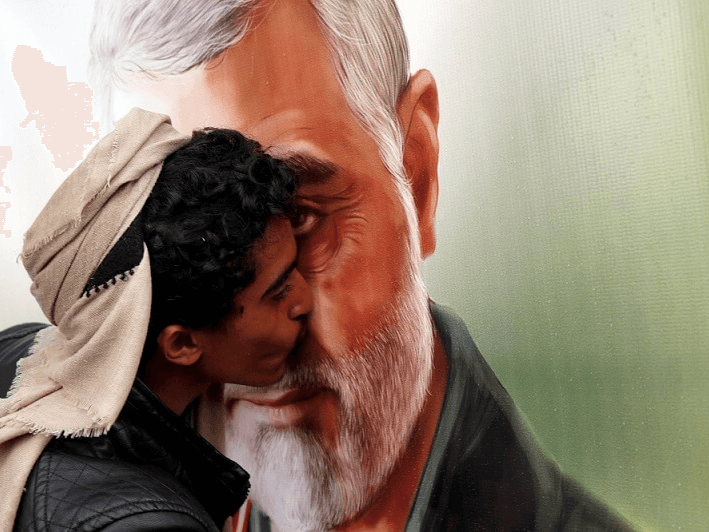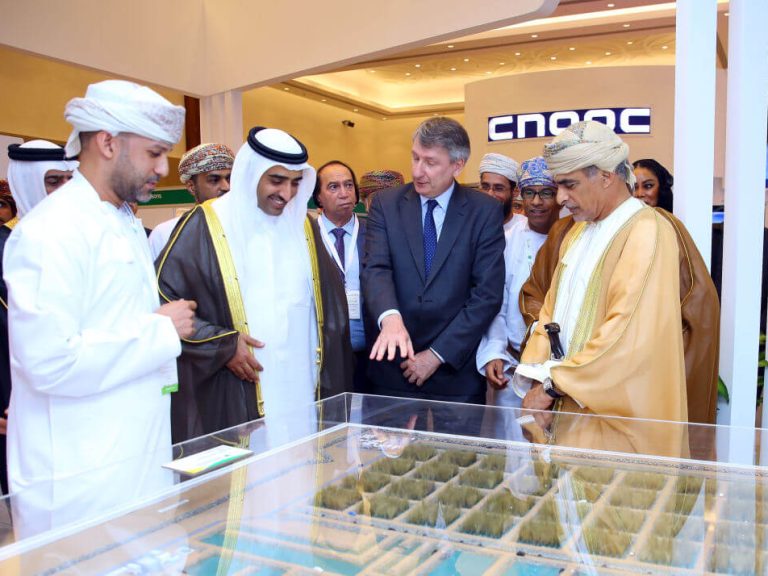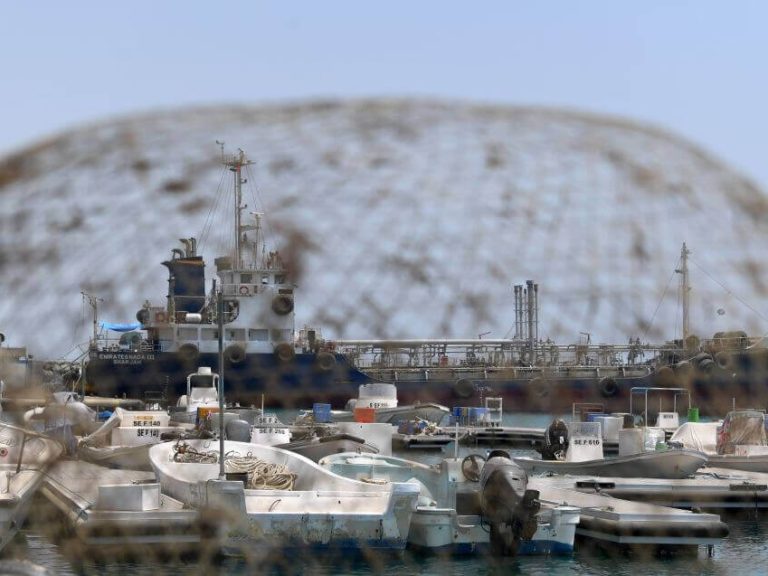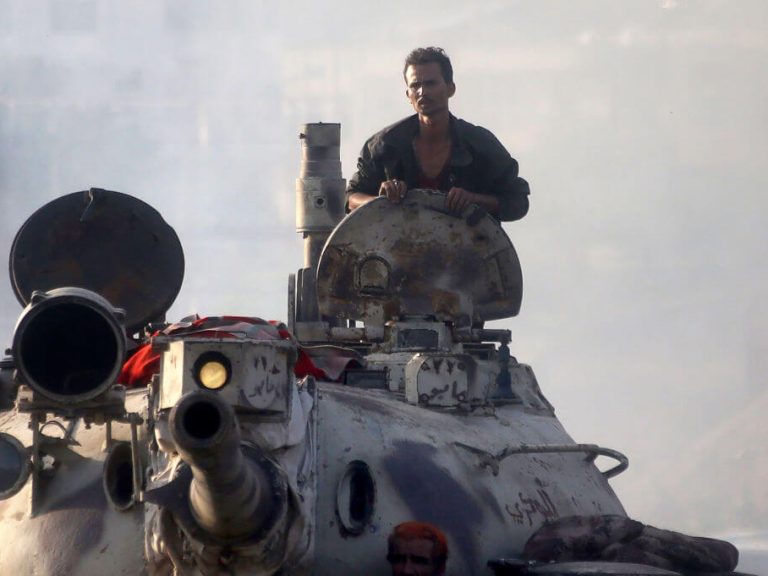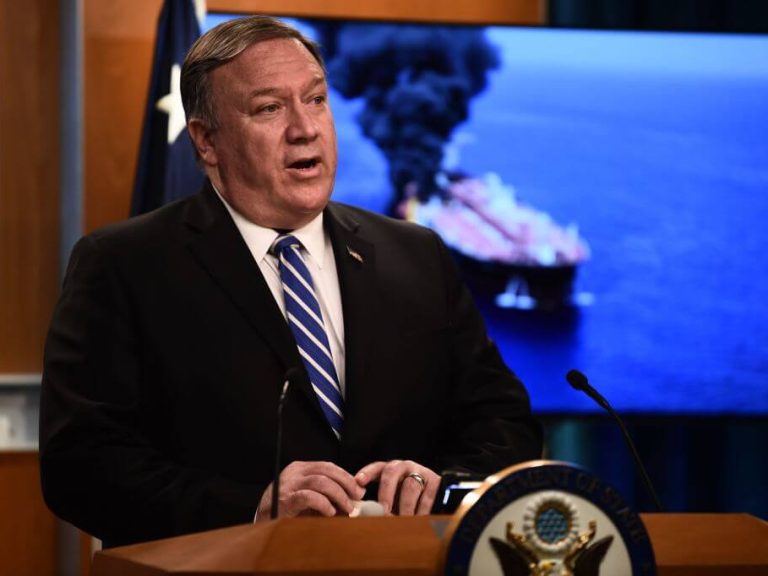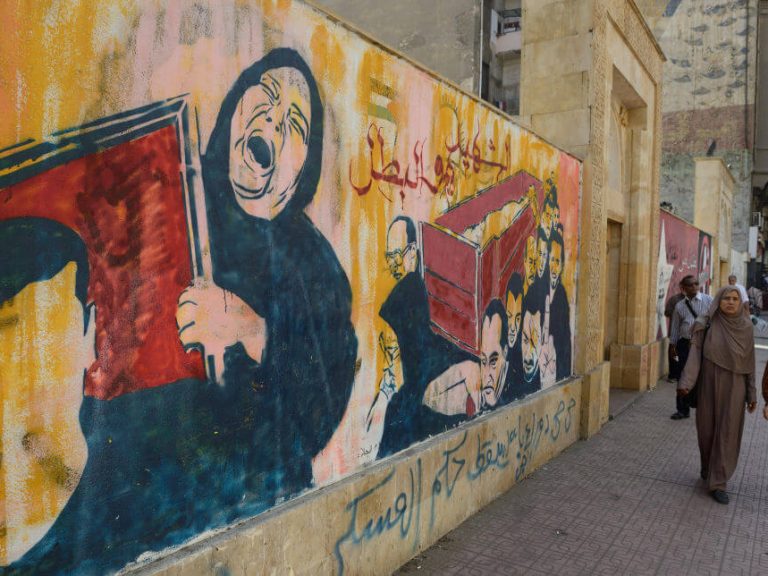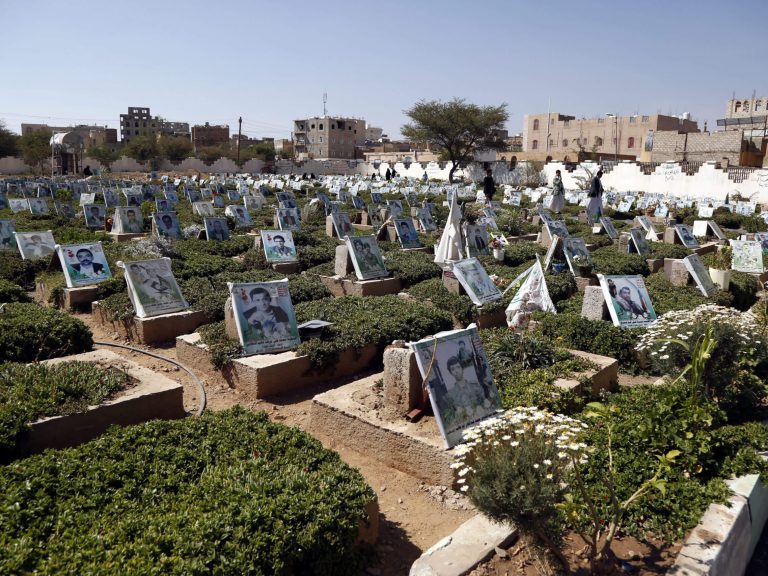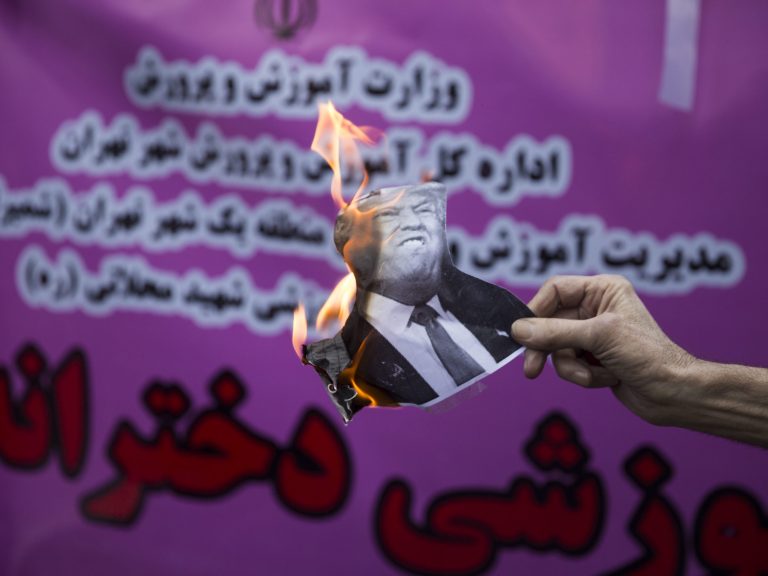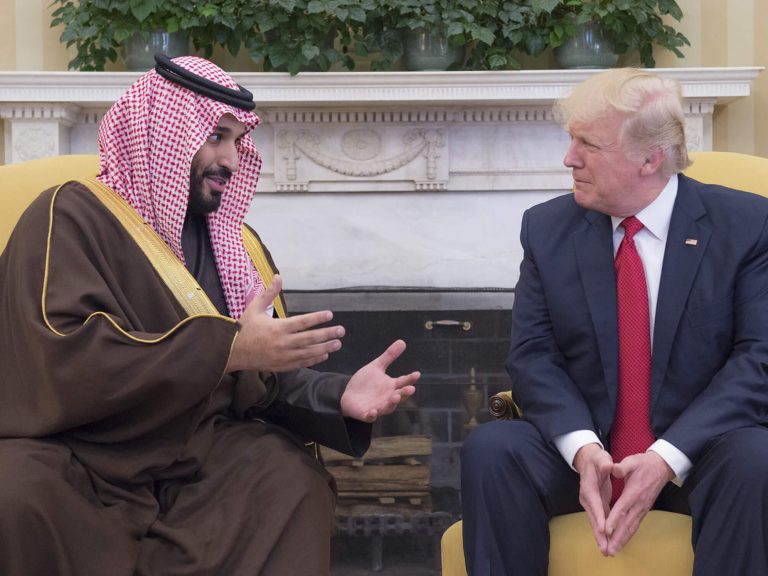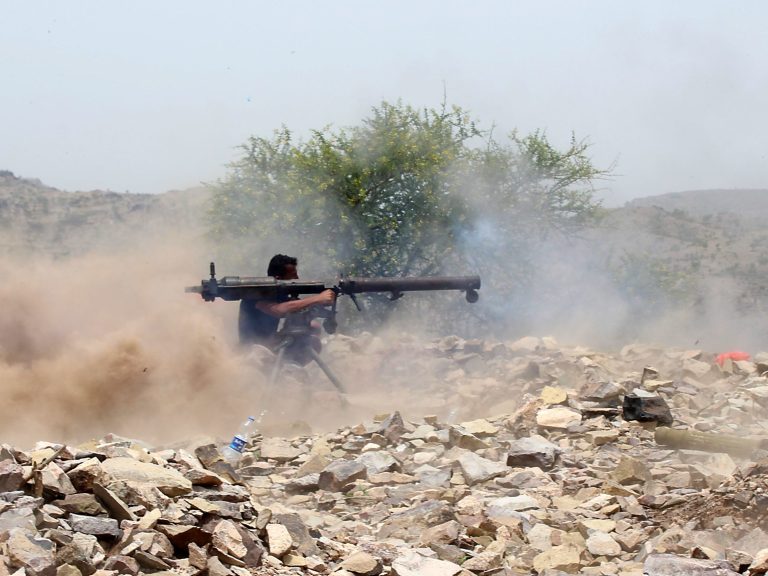Hamas had to apologize for the photo-op between its representative in Sanaa and the Houthi leader due to the uproar it caused, specifically among Yemenis who are supportive of Hamas but opponents of the Iran-backed Houthis.
To End the Civil War in Yemen, the Local Dimension is the Key: An Interview with Maysaa Shuja al-Deen
There are several entities in Yemen both in the south and north, and the biggest power in the north is the Houthis.
Russia’s Lebanese Matryoshka Doll
Russia sends clear messages to Iran, Israel, and the United States that it is the only country capable of securing…
What the Return of Mercenaries Means for the World Politics
The UAE hired mercenaries to kill Houthis during the War in Yemen.
A Road Map to End Yemen’s War: An Interview with Abdul Galil Shaif
Read: Designating Houthis as Terrorists Changes Very LittleThe south of Yemen has been liberated from Houthi control in 2015 and there is now a power sharing government mediated by Riyadh between the legitimate government and the Southern Transitional Council (STC), and the north has almost been taken over by the Houthis, who are trying to expand their influence and territory.
Talks between Saudis and Iranians: Facts Speak Louder than Words
Saudi Arabia seems to have softened its stance as a result of the Houthis in Yemen targeting of its infrastructures almost daily.
The Islamic Republic of Iran Forty-Two Years Later: Goals Fulfilled?
In the meantime, Iran has supported the Houthis, a predominately Zaidi Shia force in northern Yemen, in their fight against Ali Abdullah Saleh, the country’s former president.
Will the Biden Administration Bring the Saudi-Emirati Partnership to Account?
designation of the Houthis as terrorists.
War Within War in Yemen: Agendas and Prospects of Warring Parties
Both Saudi Arabia and the UAE agree that the Houthis are the main threat to regional security.
“Yemenis Are Not Going Hungry, They Are Starving”
After the Houthis, a hardline Shia sect backed by the Iranian regime overthrew the internationally recognized government in Sanaa in 2014 and took control of most of the north, an Arab coalition led by Saudi Arabia began airstrikes against areas held by the Houthis in March 2015.
Regional Vulnerabilities Sharpen in the Aftermath of the US-Iran Escalation
Iranian actions escalating the situation in Persian Gulf and beyond are as follows:
13 June 2019, two oil tankers were hit in the Oman Sea (possibly by Shiite militias)
20 June 2019, the Iranian Air Force shot down a US Global Hawk Drone
20 July 2019, Iran seized a British oil tanker
14 September 2019, ARAMCO oil facilities were hit in Saudi Arabia (by Shiite Houthis)
27 December 2019, the US military base in Kirkuk (K1) was hit by rocket attack (possibly by Shiite militias)
29 December 2019, Shiite demonstrators attempted to seize US Embassy in Baghdad.
Will Oman Be Ready for a Post-Oil Future?
This is mainly due to the fact that both Riyadh and Abu Dhabi consider Oman to be a passage for Iranian arms to Houthis in Yemen who are fighting against Saudi and Emirati backed forces.
Is the UAE Changing its Strategy Toward Iran?
Although it consulted with Saudi Arabia, the UAE’s Yemen move was an upsetting decision for Saudi Arabia, as Riyadh had a long-term strategy to confront Iranian backed Houthis in Yemen.
The UAE’s Strategic Redeployment in Yemen
The UAE has been one of the most important partners for Saudi Arabia in Yemen in the fight against Iranian-supported Houthis.
Who Was Behind the Attack on Oil Tankers in the Persian Gulf?
This time however, Iran was directly targeted and it was asserted that the attacks were carried out by Iran-backed Houthis in Yemen.
Middle East Politics on the Brink of Collapse
While Riyadh and Abu Dhabi tried to overthrow the Assad regime in Syria, they embarked on a military operation to stop the advance of the Iranian-backed Houthis in Yemen.
Yemen’s Deepening Crisis and the Role of the International Community
Today, Yemen is witnessing a struggle between the Saudi-led coalition and the United Arab Emirates, and the Houthis supported by Iran.
What are the Regional Effects of Heavier Sanctions against Iran?
Similarly, in its meetings with European countries, Iran signals that it is ready to stop the conflict in Yemen and use its influence on Houthis in case a mechanism that will ease the pressure of sanctions and allow the continuation of international trade is put into place.
The Future of Trump’s Arab Coalition
For this reason, Washington has been supporting Saudi Arabia’s and the United Arab Emirates’ fight in Yemen against Iranian-backed Houthis.
Global Arms Sales and the Middle East
Secondly, Riyadh would successfully conclude its campaign in Yemen against the Iranian-backed Houthis.
